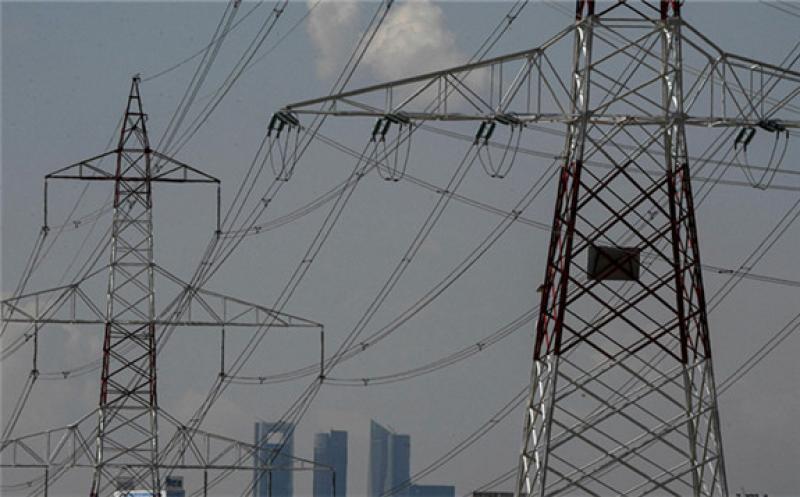German industrial power prices have reached another record high, energy-intensive industry association VIK said.

The latest VIK index for industrial power prices is 22pc higher on the month, at 324.50 points.
The index is at almost twice last year's level and is 52pc higher than the annual moving average.
Average wholesale power prices on energy exchange EEX for the following four quarters — fourth quarter 2021 to third quarter 2022 — rose by €9.94/MWh to €86.33/MWh for base load, and by €11.25/MWh to €91.31/MWh for peak load in September.
The VIK index is measured against a January 2002 baseline of 100 points. It is based on the outgoing month's average price for the first four EEX quarterly contracts, in combination with the load profile of industrial consumers using power for 3,000-6,000 hrs/yr, and typical grid access fees applicable to industrial users.
VIK's "final price" index is around 14pc higher on the month, at 434.88 points, as wholesale power prices account for a smaller share of this index. The final price index also takes into account taxes and duties levied on about half of the power consumed by Germany's industrial sector, which is not afforded the same exemptions as the power consumed by large, energy-intensive firms.
The gap between the VIK index and the final price index started to widen in 2009, mostly reflecting a large increase in the levy introduced under the renewable energies law (EEG). The EEG levy has been capped at €65/MWh this year. It stood at just €13.30/MWh in 2009. The levy for next year will be announced by Germany's power transmission system operators tomorrow.
Germany needs industry power price
Energy consumer association VEA, which represents mid-sized industrial companies, has demanded an industry power price for Germany.
The head of VEA's Berlin office, Eva Schreiner, warned at an event last week that high power prices could make it impossible for the industry sector to decarbonise. An industry power price would need to be no higher than €40/MWh to enable electricity to compete with gas. Changes to the EU emissions trading system (EU ETS) mean increases in the power price are inevitable, Schreiner said. Germany's mid-sized industry sector will face toughening competition over renewable power supply, she warned.
Schreiner commended the intention of all relevant political parties looking to form Germany's next federal government to abolish the EEG levy by financing it through the domestic carbon price and the general budget. Once the levy is axed, an industry firm could refinance self-consumption photovoltaic sites within 10 years, Schreiner said. Self-consumed electricity is subject to 40pc of the EEG levy, with the exception of smaller rooftop sites.